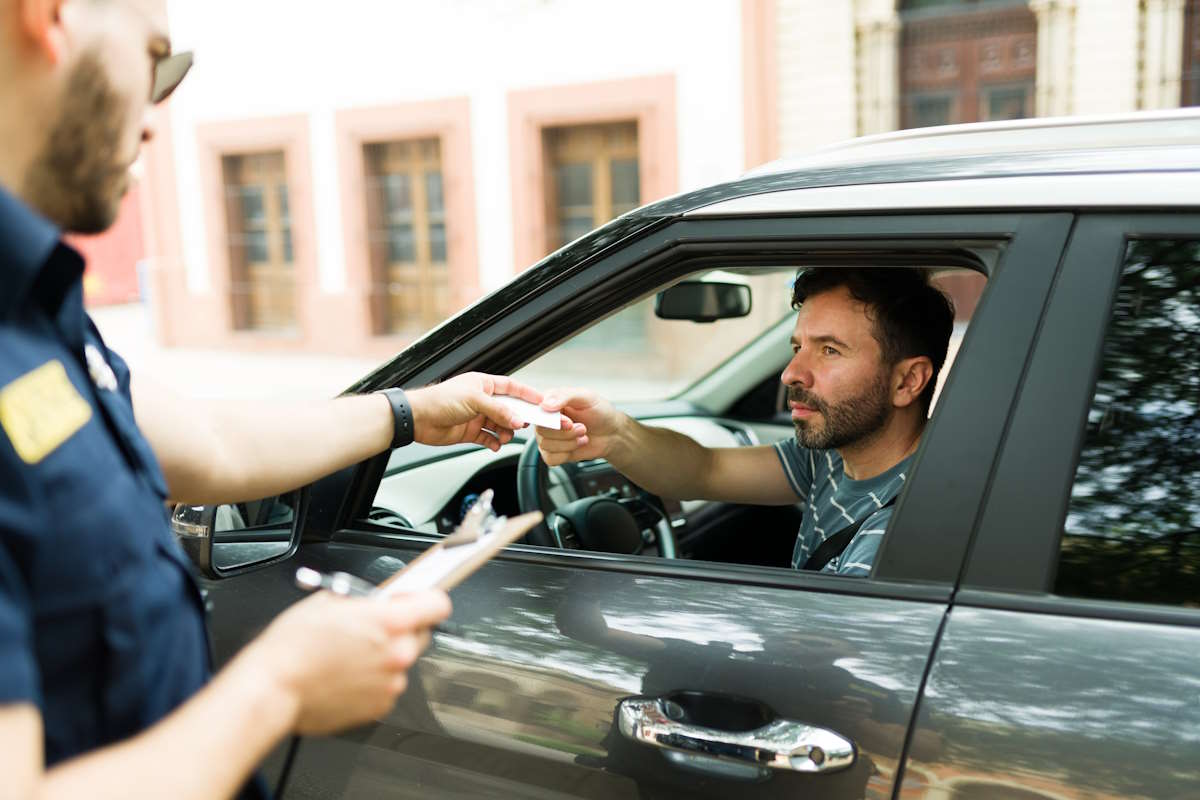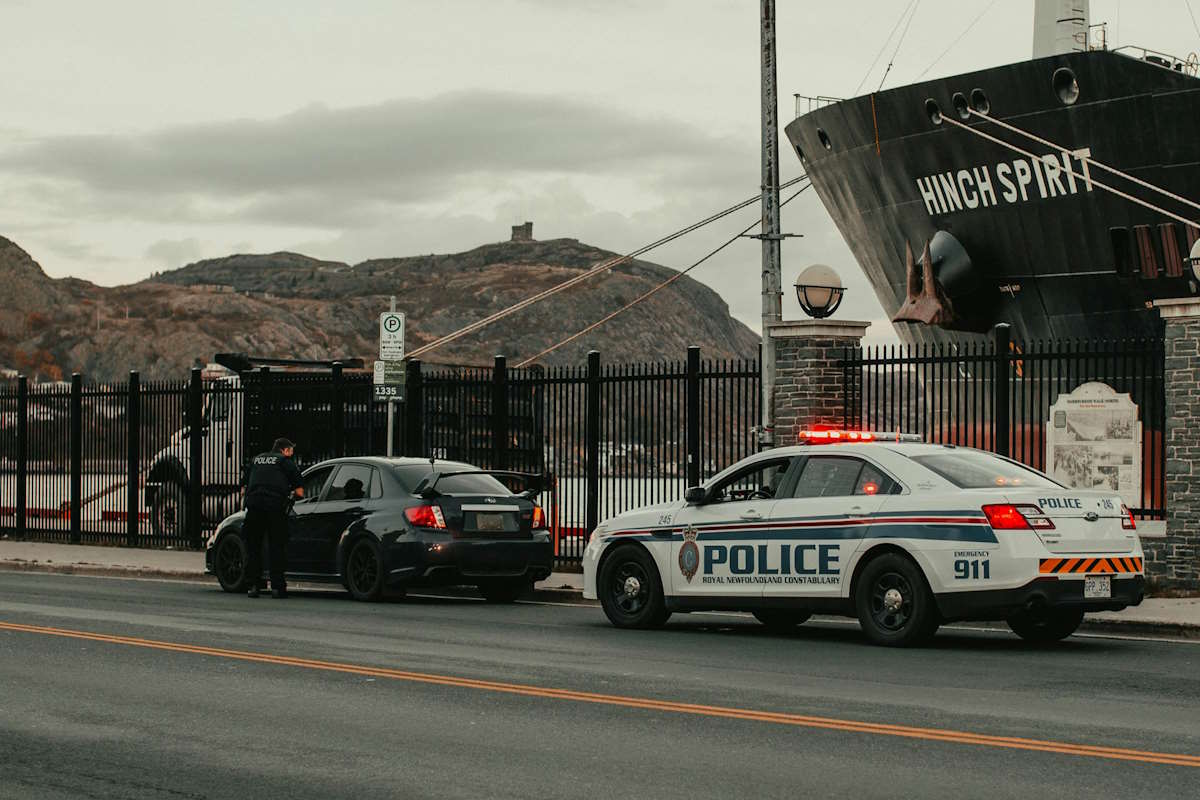Most people don’t know how to behave when they get pulled over for a traffic violation. This is a major issue as they can get charged for a crime they haven’t committed. Drivers also don’t understand if certain behaviors are considered an admission of guilt and whether there’s a way to reduce the punishment.

To separate the truth from fiction, we’ve decided to go through 9 common traffic violation questions and answers. After reading this article, you’ll have a better understanding of what’s legal and what’s not and how to protect your rights.
1. Should a Police Officer Show Me His Radar Gun?
The quick answer is no. When you’re stopped for speeding, the officer isn’t obliged to show you the radar reading. They can write a citation straight away, without much back and forth.
Nevertheless, the officer will still have to provide valid documentation to confirm you’ve breached the law. If they’re unable to provide evidence, including their radar gun reading, you will be free of charge.
2. Should I Sign the Ticket, and Does It Admit My Guilt?
Many people falsely believe that signing the ticket is an admission of guilt. However, this only serves as an acknowledgment that you’ve gotten the citation. You’re basically confirming you were at the spot at a particular time.
You don’t have the option to not sign the citation. If you try to avoid the officer, he can charge you with a misdemeanor, which is resisting arrest without violence.
3. Can I Be Charged for Speeding if I Had the Same Speed as Everyone Else?
As long as you were driving over the limit, the officers have the right to pull you over and charge you with traffic violations. So, it’s essential that you adjust your speed according to the road rules.
4. If I Drove a Different Speed Than What It Says on the Ticket, Will I Be Acquitted?
This is a bit more convoluted situation. “The county’s court judge will listen to both sides and make a decision based on their testimonials,” according to Aaron M. Black, a reputable Arizona DUI attorney.
In fact, many people use this strategy to try to avoid punishment. So, if you think there was a discrepancy in data, you might as well take advantage of it.
5. Can My Driver’s License Be Suspended Even If I Pay All Current Tickets?
This is a very common occurrence among drivers. When you cover all the tickets for driving with a suspended license without knowledge, each of these payments will be considered toward your record. If you have three such convictions during a five-year span, you will be marked as a habitual traffic offender.
The thing that’ll happen next is that you’ll lose your license even though you’ve done everything to get it back. Paying for tickets is considered an admission of guilt, so we suggest you consult with your legal representative before covering these tickets.
6. How Many Points Can I Lose in a Year Before Getting My License Suspended?
Within 12 months, you’re able to lose less than 12 points. If you match or exceed this threshold, your license will be suspended for one month. This is why it’s crucial to contact a lawyer after each infraction in an attempt to reduce the charges and loss of points.

7. What Differentiates Reckless from Careless Driving?
Careless driving will cause you fewer headaches. It is classified as a non-criminal offense, and you’ll be charged with traffic magistrate court costs and the traffic fine. You might also lose points on your license.
On the other hand, reckless driving is a criminal infraction, during which you’ll be prosecuted by a state attorney. The procedure takes place in front of a county court judge, and depending on your case, you might face time in prison.
8. If I Tell the Judge My Traffic Light Was Yellow or Green, Will I Get Acquitted?
Whenever you’re charged with any traffic violation, the accuser needs to prove you’re guilty of a crime without a doubt. Unfortunately, in this particular case, judges tend to take the officers’ side.
9. As I Was Taking a Left Turn, a Speeding Car Drove Right Into Me, and I Got a Ticket as a Result. Should This Happen?
The simple answer is yes. When taking a left turn, it’s your responsibility to allow passage to cars from the right. That doesn’t mean that the other car won’t be charged for speeding; it just means you didn’t act according to the traffic laws.
Conclusion
The traffic laws can be blurry, especially when there are several infractions happening at the same time. Nevertheless, it’s your responsibility to be careful while driving and avoid any illegal behavior.
If you make a traffic violation, the best course of action is to consult your lawyer. These professionals can give you timely advice that will reduce or eliminate any form of punishment.